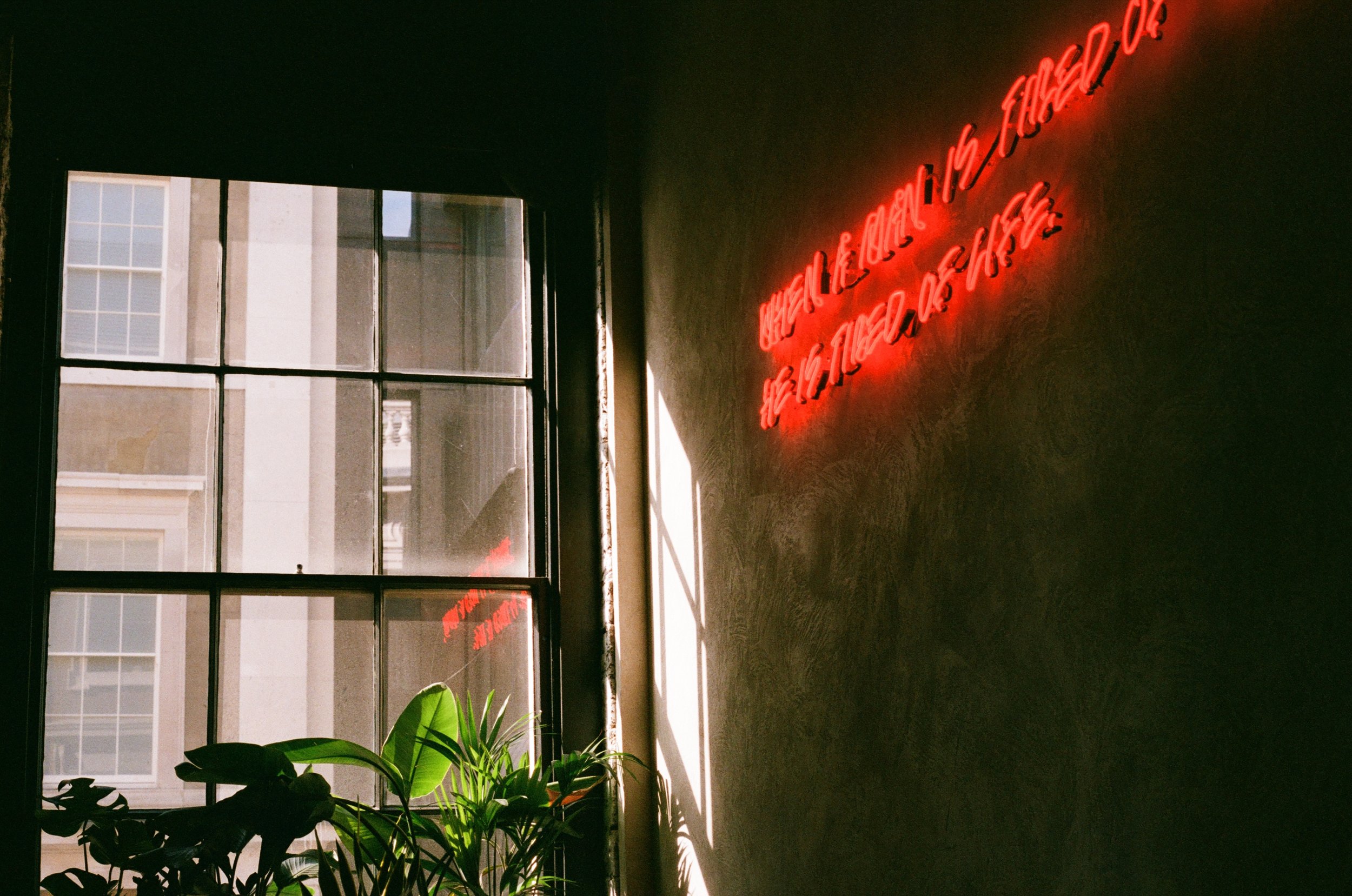Opinion
Coffee as a Subculture - Bridging Linguistic Gaps Across Europe.
As a barista for two years, coffee has become a topic of conversation that I have been constantly immersed in. In particular, lockdowns around Europe and the wider world generated a surge in conversation regarding coffee and the overall intrigue related to coffee culture.
However, some may believe that coffee does not constitute as a contemporary ‘subculture.’ I beg to differ. Coffee and coffee culture has become a huge part of contemporary living. For many, the habitual visit to a local coffee spot is a part of their everyday routine - slotting into various other activities within their busy schedule. As a barista myself, I have witnessed this first hand. Working throughout an extremely stringent Coronavirus lockdown in Dublin, many people turned to their local coffee shop as a means of interaction with other people.
It was not until I explored Europe this summer that I really understood the impact of coffee culture on contemporary living. Ignorantly, I believed that the increasing popularity of the coffee industry was limited to the city of Dublin, the city I called my own. However, upon arriving in Lisbon, I was excited by their interest in speciality coffee and the conversation surrounding coffee culture. The very first coffee shop I entered boasted having Irish baristas, only to ask for my CV as soon as I revealed that I was also one! In Lisbon, speciality coffee dominates many of the beautiful tiled, ornate and quaint streets. Each speciality coffee shop I visited possessed its own unique approach to coffee-making and coffee culture. Coffee shops such as Comoba, Fabrica Coffee Roasters and EleEla Cafe really inspired me in how they were so keen to create conversation with other people who were also interested in coffee - despite potential linguistic barriers.
Following this trip to Lisbon, it prompted me to think about the variety of coffee shops I have visited around the world and the experiences that I have had with some of the local baristas. It made me realise that coffee culture across Europe has allowed me to meet a variety of new people, to understand new methods of coffee making and also new approaches to coffee itself. From Amsterdam to Edinburgh, London to Lisbon, the experiences I have had in a variety of coffee shops have allowed me not only to converse with some of the loveliest people I have met on my trips, but also simulate a really immersive, tourist experience. What resonated with me most was how coffee as a subject has been able to bridge a gap between a variety of different cultures, overcoming any potential cultural barriers that may have arisen. Coffee is most certainly a subculture, one that has introduced me to numerous people from around the world.







